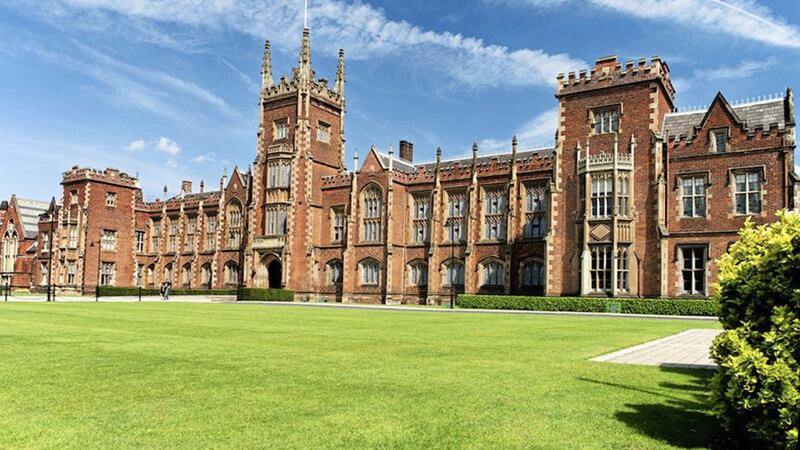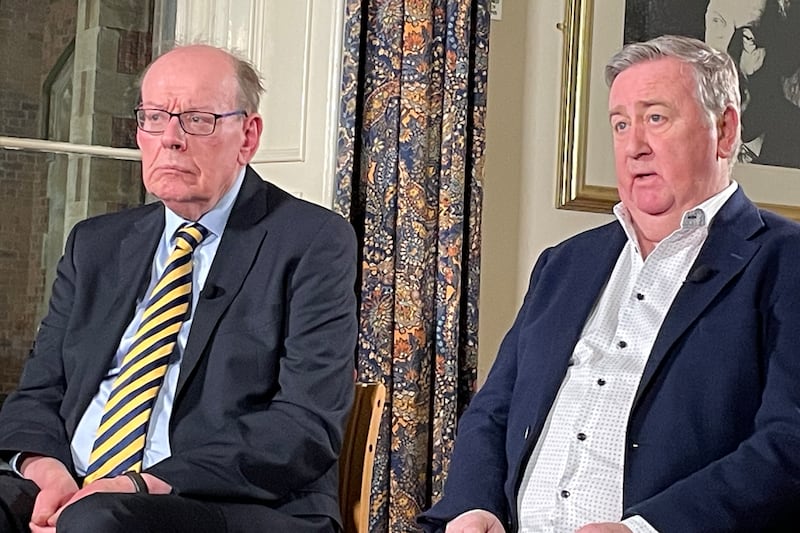PLANS to reduce the gender pay gap at Queen's University Belfast do not go far enough, it has been claimed.
The gulf between male and female professors at Queen's has drawn fierce criticism.
It has the widest gender pay gap among senior academics of 24 leading institutions in Britain and Northern Ireland.
In 2015/16, female professors at Queen's earned an average of £69,910 compared to £81,708 for males, a gap of almost 17 per cent.
Now, the ruling senate has approved an action plan this aims to reduce the professorial gap to below 10 per cent by next year, below 7.5 per cent by 2021 and to 5 per cent or below by 2024.
Queen's said it was "committed to the principle of equal pay for equal work".
Dr Leonie Hannan, a research fellow and equality representative with the University and College Union (UCU), said of the plan: "In short, it doesn't go far enough."
The proposal to close the gap ratified by senate, she said, would only achieve a 2-3 per cent reduction, "so the target of under 10 per cent by 2018 seems unlikely to be met".
Queen's had previously considered proposals including changes to pay scales and mentoring for female professors.
"In terms of the future targets for the reduction in the gap, the plans in place to facilitate female progression are unlikely to achieve this result because they focus on 'fix the women' tactics like mentoring instead of taking much needed steps to reduce inequality in the university's procedures," Dr Hannan said.
"As a union, we firmly believe that it is the institution's decision-making that needs fixing because it has resulted in this large disparity in pay and a lack of representation of women at the highest levels.
"A good practical step forward would be for the university to remove student evaluation data from all personnel decision-making e.g. promotion decisions. Student evaluations have been shown to be biased against women and minority groups and yet they are still used by Queen's as part of promotion criteria, potentially holding women and other minority groups back in their careers."
UCU, she added, had argued that the academic standards against which members of staff are performance managed "need to be thoroughly scrutinised from an equality perspective before Queen's can realistically claim to be taking the issue seriously".
- Queen's University maintains that its gender pay gap is 14.4 per cent - saying there is an alternative way to work out the percentage difference.








